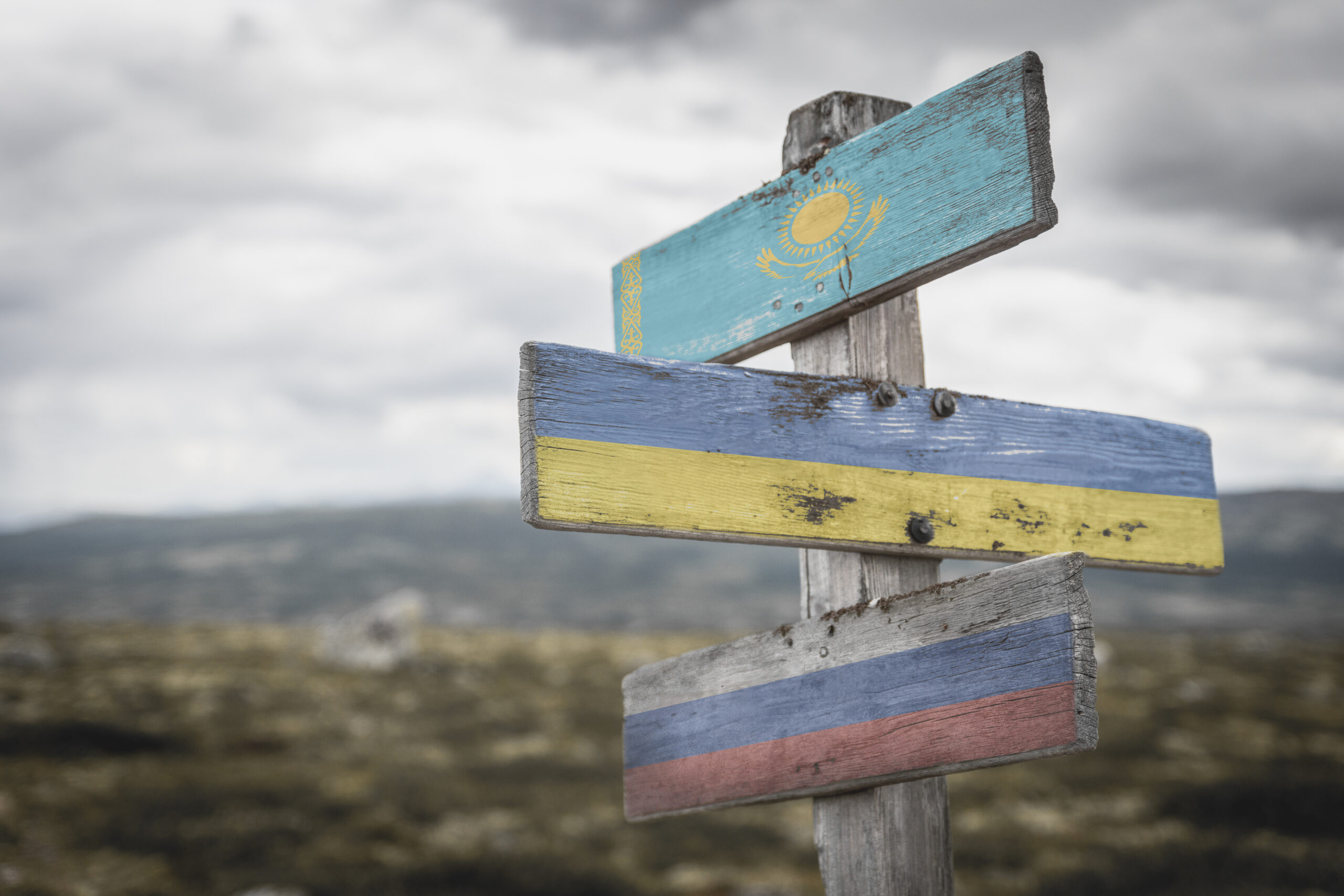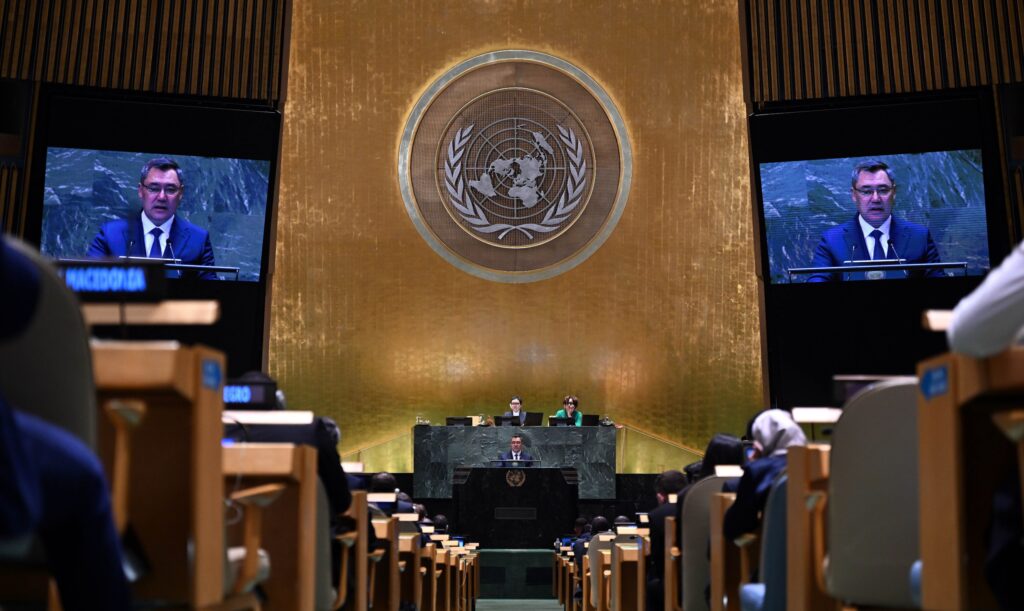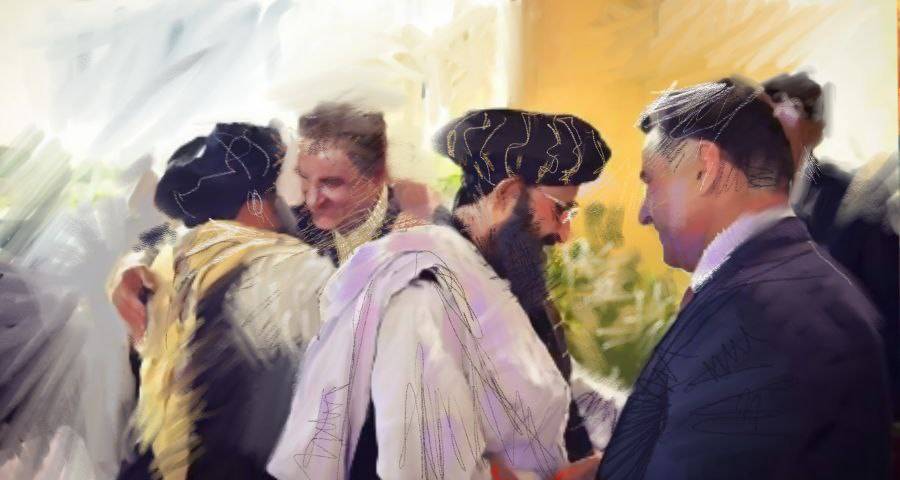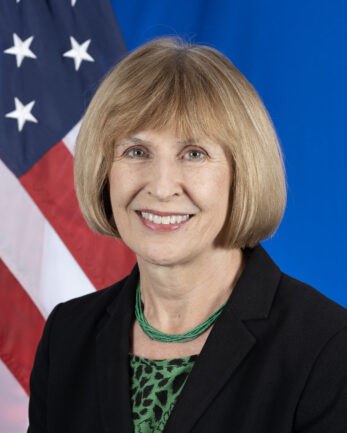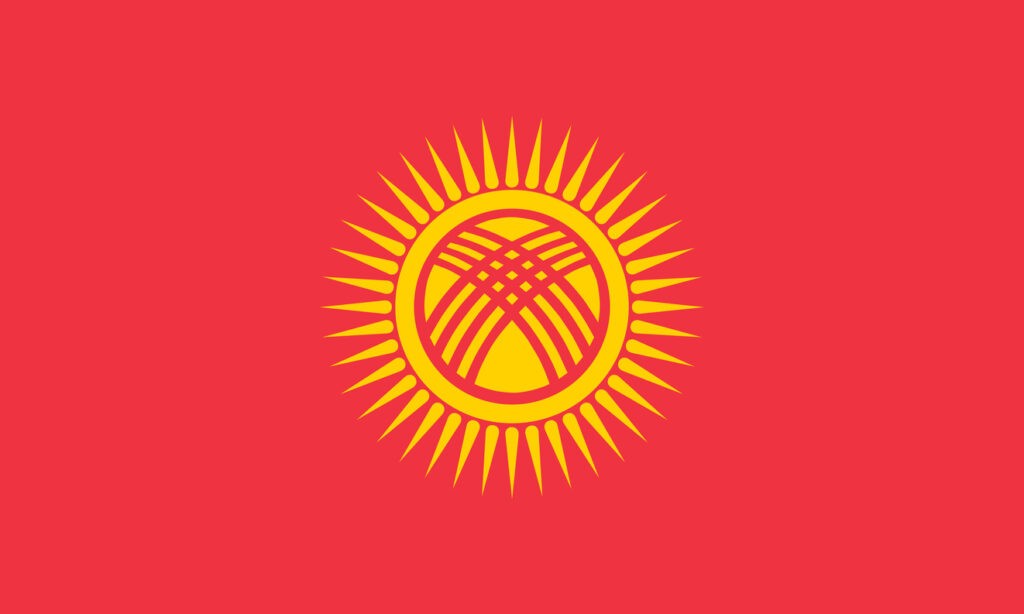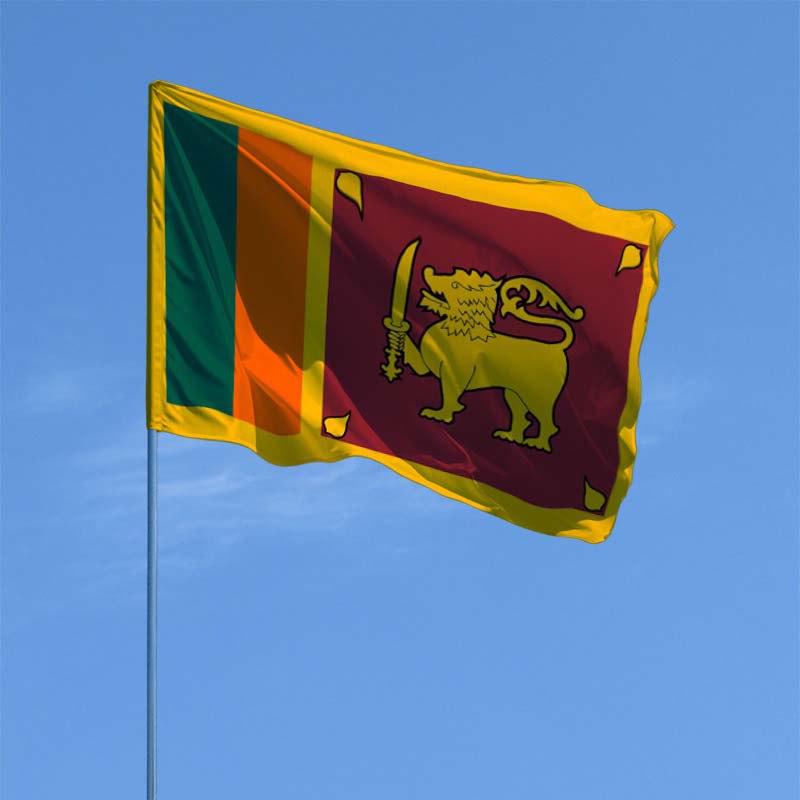As Russia’s war on Ukraine continues to rage, there is little disagreement in the international community that the ever-rising human and material costs make it imperative to find a quick solution to the crisis. There is less agreement on how to achieve this. To swiftly reach a workable peace, the international community and the two fighting sides will need to put their faith in mediation efforts by a trusted, neutral leader. While face-to-face negotiations between representatives from the two countries began in Belarussia and are domiciled in Turkey for the time being, the road to peace remains unclear. Even if a ceasefire is agreed, its sustainability will depend on the demarcation of contested lands, guarantees for sovereignty and security, and helping those dislocated by the conflict.
So far, Turkey, Israel and Kazakhstan are among the countries that have declared willingness to mediate negotiations between the sides. Israel maintains good diplomatic ties with both Russia and Ukraine. It also has the trust of the U.S. and other NATO members. It remains neutral in the conflict by furnishing only humanitarian aid to Ukraine, and not weapons systems. As for Turkey, it is a NATO member with profound economic ties to Russia. However, its offer to arbitrate comes against the backdrop of supplying Ukraine with its Bayraktar its TB2 drones, which continue to relentlessly smash Russian tanks, personnel carriers, and supply trucks.
Of the three countries, Kazakhstan has perhaps the deepest-rooted interests in a swift and peaceful end to the conflict. Its president, Kassym-Jomart Tokayev, has announced willingness to help: “We call on both states to find a common ground and reach agreements”, he declared at a recent congress of the ruling party Amanat, adding, “For its part, Kazakhstan is ready to provide all possible assistance, including mediation services if necessary”.
There are four main reasons that explain why Kazakhstan is likely the best candidate to serve as a mediator: It is highly motivated economically; its foreign-policy framework has positioned it well for such a role; its leadership is unique in terms of its diplomatic prowess; and finally, its bilateral understandings with Ukraine and Russia will it help achieve a successful result.
Economic motivation
After Ukraine and Russia, from an economic perspective, Kazakhstan is probably the only other country with as great a need for a peaceful resolution to the conflict. Sharing a 7,644-kilometre border with Russia, Kazakhstan has suffered significant (albeit for now not overwhelming) collateral damage in its economy. Crippling trade sanctions and severed trade routes have sunk its national currency, the tenge, by 20 per cent. Two-thirds of its oil exports have been throttled at the Russian leg of the Caspian Pipeline Consortium. Businesses around the world are de-risking supply chains and might write off swathes of Kazakhstan businesses in fear of possible unspecified ties to sanctioned Russian entities. Given these real reasons, neither Ukraine nor Russia would question Kazakhstan’s earnestness for an expeditious and peaceful resolution.
Some observers suspect that Putin might seek to mitigate the impact of sanctions through Russia’s membership of the Eurasian Economic Union (EAEU). The EAEU is a free-trade zone and customs union comprising Armenia, Belarus, Kazakhstan, Kyrgyzstan and Russia. There have been calls in the West to sanction pre-emptively the four EAEU members besides Russia to close any possible trade loopholes.
Officials in Kazakhstan have shown no interest in flouting the recent sanctions. Branches in Kazakhstan of the designated Sberbank and VTB Bank were shuttered. Imports and exports are being directed away from Russian ports. Kazakhstan’s compliance with international sanctions regimes combined with its steadfast neutrality in the conflict will make wide-ranging international sanctions against it highly unlikely.
Multi-vector foreign policy
Like most Central Asian countries, Kazakhstan tries not to pick geopolitical sides. It was in fact the innovator in the early 1990s of a “multi-vector” balancing policy that many other states in the region now also employ. This version of neutrality has generally been a diplomatic asset and enhanced the country’s international profile. Kazakhstan’s public rhetoric over Ukraine has, like its diplomacy, been balanced.
Kazakhstan reportedly denied a Russian request for Kazakhstani troops to assist Russian military forces in Ukraine. Such a request would have been an informal diplomatic feeler from Russia as Kazakhstan’s defence ministry denied that any request had been formally received.
Its only intervention in the conflict so far has been on humanitarian grounds. Responding to a request by Ukraine’s president, Volodymyr Zelenskyy, President Tokayev instructed his government to provide urgent humanitarian aid to the people of Ukraine. Kazakhstan sent twenty-five types of medicines weighing 82 tonnes.
While Kazakhstan has complied with international sanctions, it has not imposed sanctions of its own on either side of the conflict. At the same time, it has abstained from the UN on the General Assembly resolution condemning Russia. The country’s deputy defence minister, Sultan Kamaletdinov, was quoted as saying, “The conflict between Russia and Ukraine has nothing to do with Kazakhstan. We support neither side. So, there shouldn’t be any questions in this regard.” On the other hand, its foreign affairs minister, Mukhtar Tleuberdi, has noted that his country does not intend to recognise the unilaterally proclaimed independence of the so-called “Donetsk People’s Republic” or “Lugansk People’s Republic.”
Leadership qualifications
Before becoming president, Tokayev served as a professional diplomat for two decades including holding the position of Director General of the United Nations in Geneva. He speaks four languages and earned a respected Ph.D. from the Moscow State Institute of International Relations during the Soviet era. It is hard to think of another head of state who today brings such pedigree of peace-brokering skills to the negotiating table.
The neutrality of Tokayev’s messaging is a case in point. At the beginning of March 2022, he called on Russia and Ukraine to find a common language for negotiations. He insisted on “the principle of the indivisibility of Eurasian security,” meaning that states should not threaten one another and that their “mutual understanding” should be “based on mutual trust”. In Ukraine, he observed, “this did not happen.” Therefore, he called on both states “to find a common ground and reach agreements”.
Accordingly, Tokayev has held talks with both presidents Putin and Zelenskyy, offering them a negotiation platform. Indeed, Kazakhstan’s recent experience in contributing to conflict resolution includes hosting talks in 2015 on the original Joint Comprehensive Plan of Action with Iran, as well as more recently on Syria as part of the Astana Process. Kazakhstan also tempered the rift between Ankara and Moscow following Turkey’s downing of a Russia jet airplane in 2015.
Bilateral understandings
Kazakhstan has perhaps the greatest understanding of the overall situation and the specific concerns of each party. With Russia, this understanding is based on their common history and language, and with Ukraine, it is based on sharing a common geopolitical situation.
Kazakhstan has a long history with Russia going back three centuries. The Russian conquest of the Kazakh khans began in the 1830s and culminated in the 1870s. Three waves of Russian immigration settled parts of what is now Kazakhstan over the centuries. At independence, the ethnic Russian population of Kazakhstan was nearly equivalent to the ethnic Kazakhs, although that has since changed. Many Kazakhs still learn Russian as their first or their second language.
It can also equally relate to Ukraine. Both states were union-republics of the USSR during the Soviet era, and both were subject to Russian imperial rule before that. Russia has claimed title to parts of the northern and eastern Kazakhstan, just as it has claimed parts of Ukraine. Both Ukraine and Kazakhstan have relied on Russia for oil and gas transit routes as well as for trade and ensuring their territorial sovereignty. Both have had to balance their ties to Russia with their relationship with the West (and Kazakhstan also with China) since their independence in 1991. Both countries aspire towards becoming fully democratic and prosperous states. President Tokayev’s reformist democratic plan announced on March 16, 2022 demonstrates the leadership’s sincerity in pursuing that path.
Conclusion
Finding a diplomatic solution between Russia and Ukraine is an urgent but difficult and delicate task. Ukraine’s government and people are oriented toward the West. NATO’s East European members understand very well the threat of Russian aggression and have warned the international community about it for years, only for their Cassandra-like prophecies to fall on deaf ears of many Western leaders, at least until now.
The international community will demand that Russia is held accountable for yet another unjustified invasion of sovereign Ukraine, for the material destruction of its cities and the forced deportation of Ukrainian citizens to Russia. These acute issues may need to be addressed later. Essential at present is stopping war itself.
In this current landscape, Kazakhstan is the most suitable third party for finding the necessary middle ground. Only Kazakhstan has the compelling combination of high economic motivation, the right foreign-policy orientation, and a deep, empathetic understanding of the concerns for the two belligerent parties. Most importantly of all, it has President Tokayev at its helm, whose decades-long professional experience as a high-level diplomat and balanced relationship with the two warring countries make him well equipped to mediate and bring an end to the military conflict.
